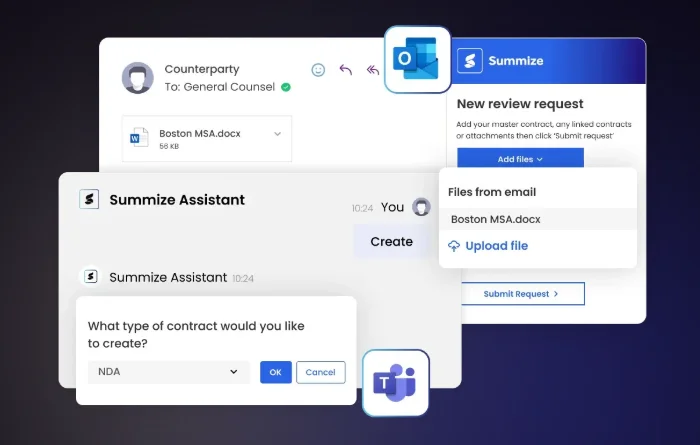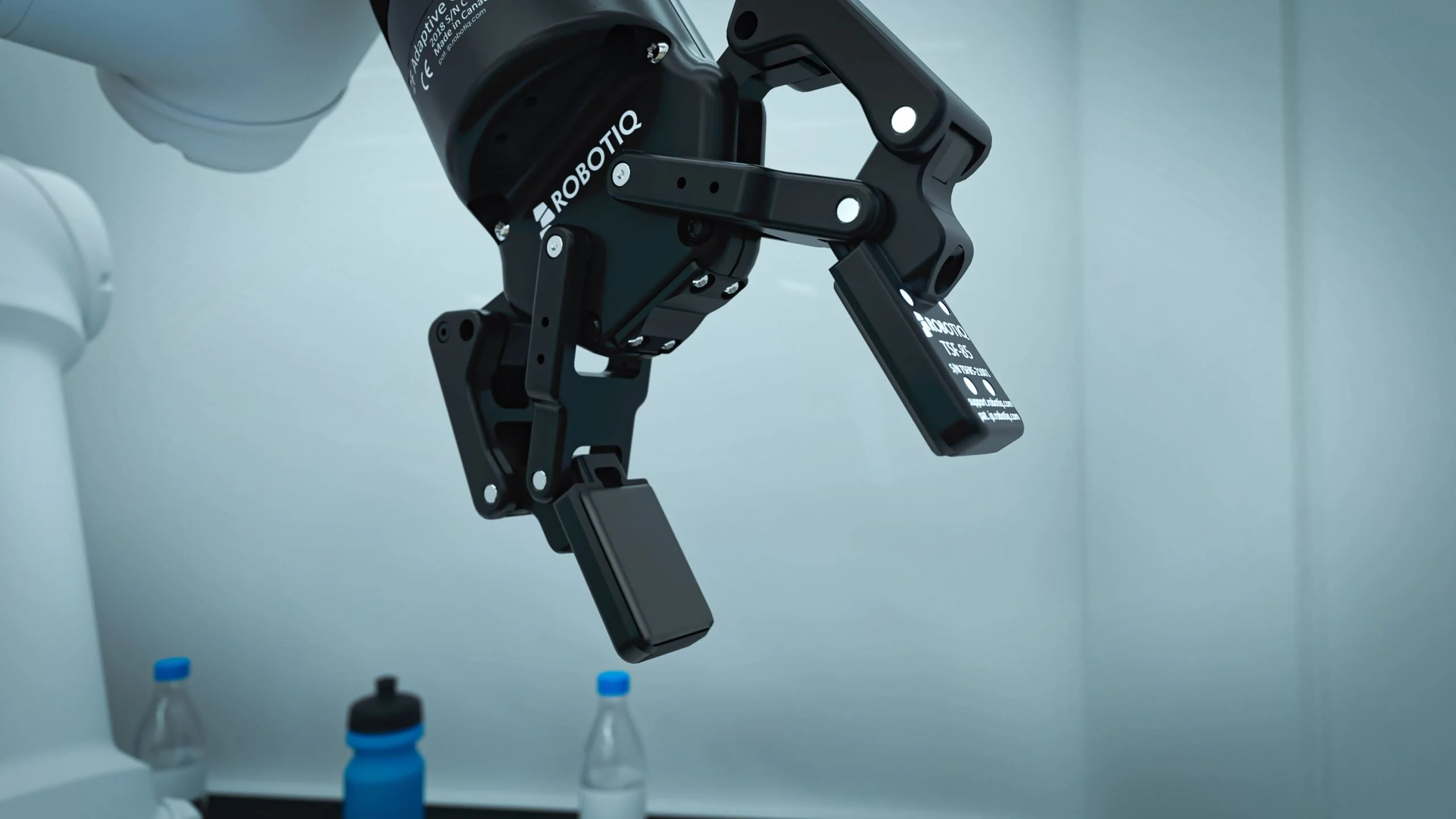In a special live episode of “Smart Talks with IBM,” Malcolm Gladwell and Rob Thomas, Senior Vice President of Software and Chief Commercial Officer at IBM, discussed the evolving role of AI in boosting productivity. During NY Tech Week, Thomas shared his thoughts into how AI can bridge the productivity gap in a rapidly changing world.
Reflecting on his 25-year tenure at IBM, Thomas recalled his early days in consulting.
“You quickly realize the job of a consultant is to tell other companies what to do, and I was like, I literally know nothing,” he said. This humble beginning underscored the dramatic evolution he has witnessed, particularly in the field of AI.
Thomas pointed out that AI’s integration into everyday life has been gradual yet profound.
“The computer scientist John McCarthy said: ‘Once it works, it’s no longer called AI.’” This view is rooted in the realization of how revolutionary technologies eventually fade from view, submerged almost unnoticed into everyday experience.
Key moments in IBM’s history with AI were reached when Deep Blue defeated Kasparov and Watson won ‘Jeopardy!’. These events, Thomas noted, were pivotal moments that indicated AI’s potential.
“Maybe there’s more here than we even thought was possible,” he reflected. Such breakthroughs have continuously pushed the boundaries of what AI can achieve.
Discussing AI’s current impact, Thomas mentioned IBM’s work with Sevilla FC, leveraging AI for talent scouting.
“Every sports franchise is trying to get an advantage using data, analytics, insights,” he explained, which demonstrates AI’s potential to revolutionize various industries by offering unprecedented insights and efficiencies.
The conversation also touches on the challenges and misconceptions surrounding AI. Thomas introduced the concept of “AI years,” explaining: “What used to be a year is now like a week… that is how fast the technology is moving.” This rapid evolution necessitates a shift in how businesses approach technology and innovation.
One of the most intriguing points Thomas made was about the broader implications of AI on productivity.
“The best way to solve productivity is AI,” he asserted. In a world where population growth is stagnating and traditional means of economic expansion are limited, AI emerges as a crucial tool for sustaining and boosting productivity.
The potential of AI extends beyond immediate business applications. Thomas predicts a future where AI fundamentally changes various sectors, from healthcare to education.
“I think it would be really bad for the world if this was in the hands of one or two companies,” he said, stressing the importance of open-source AI. Open source ensures transparency and democratizes access to advanced technologies, preventing monopolistic control and fostering innovation.
Thomas thinks it’s important to focus on the transformative potential of AI, urging industries to embrace this technology.
“AI will touch every single business,” he predicted.
The broad applicability of AI underscores its role not as just another technological advancement but rather as a cornerstone for future growth and innovation. Considerate implementation with focus on ethical considerations can make AI address some of the most critical challenges of today; it is going to drive up productivity in many sectors, making development sustainable.
Featured image: Credit: IBM






